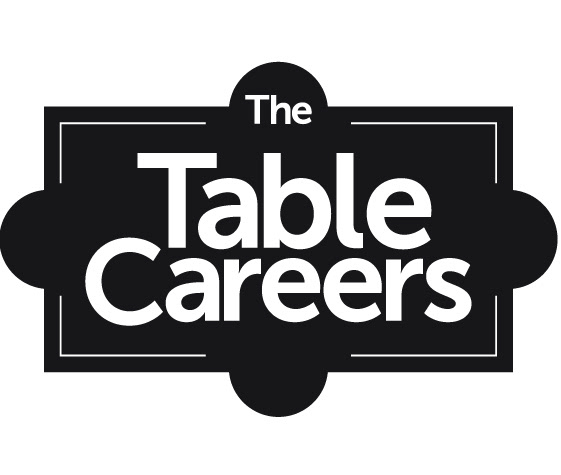‘Health is a state of complete physical, mental and social well-being and not merely the absence of disease or infirmity.” (WHO, 1948)
Organisations have various methods of assessing and managing performance, whether this results in an annual forced distribution curve (a discussion for another day), consistent and honest feedback throughout the year where you’re recognised and rewarded at more than one pressurising moment in time, or a more nimble approach that considers broader contributions.
Few take wellbeing, both that of the individual and those managing teams, into account as a performance measure. I would argue maintaining your own, and your teams mental and physical wellbeing is as much of a challenge, and achievement, as the projects your annual bonus hinges on delivering. Such success not only has obvious health benefits, but directly feeds in to engagement and productivity.
There is an interesting role here for behavioural economics in implementing changes to ways of working and approaches to measures of success. Not that I would advocate the Uber route, but in collaboration with business areas, leadership teams, HR & wellbeing leads, a new measure could be considered.
Taking this away from an individual organisation to a global scale, New Zealand is introducing measures to base its performance on wellbeing indicators of progress. Noting that it’s growth rate is predicted to be faster than the global average over the next 2 years. They are looking to address continuing socio-economic issues that will be exacerbated by this growth, from homelessness to mental health support for the youth.
Equally, Sweden has long been seen as a trailblazer in this space, offering shared parental leave since the 70s and only 1% of the population working over a 50 hour week.
New Zealand & Sweden’s foresight is a great step forward, if a country (or those in charge of legislation governing action) can make the link between performance and wellbeing evident, surely businesses should follow suit?
I have been fortunate enough to work for an organisation where wellbeing really was at the centre, from the structure and space of the building we work in, to flexible working policies and practices, and a supportive manager who actively encourages wellbeing of the team.
It’s not rocket science…a balanced, well, engaged, team leads to better performance and productivity for the organisation. So what can you do to move the dial internally?
Current approach? Ask your manager, HR, a colleague what your organisation’s approach to wellbeing is. There are often initiatives coming from the centre that take time to be implemented in business areas. Be curious.
Your own wellbeing – Lead by example, especially if you’re in a management position. Ensure you share workloads, take time to rest, reflect & avoid the burn out. Wellbeing is as much about self-reflection and action, as it is your organisation providing a working culture that fosters positive behaviours and calls out the negative.
Look outside – what are other organisations doing in this space, are there learnings you can bring back and share internally? CBI, in partnership with BUPA & HCA Healthcare, have produced some basic principles for organisations to help develop their wellbeing journey; Front of Mind.
It’s not all incense & yoga – wellbeing approaches should be holistic, something as simple as taking 15mins away from your desk to take a walk outside, or making time to think forward to your goals and motivations, all make a big difference in the long run. Whether your organisation provides a structured programme, is starting to implement action from strategy or just beginning to engage in the conversation, there small changes you can make as an individual to lead the way.
Hold managers to account – your organisation can have the best approach to wellbeing, and you can be actively taking time for recovery, exercise and headspace. But, if micro-managing team leads don’t support you in taking these breaks, change will not happen. Ask the questions, highlight the evidence and always focus forward
“We need to move away from cordoning off “mental health” and “physical health”. We need to move to a more holistic understanding: health is health”. Laura Stembridge, CEO of InsideOut.




